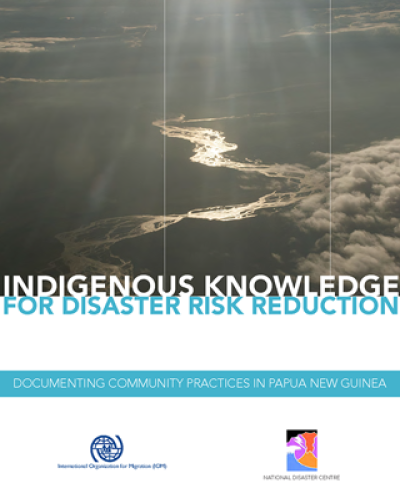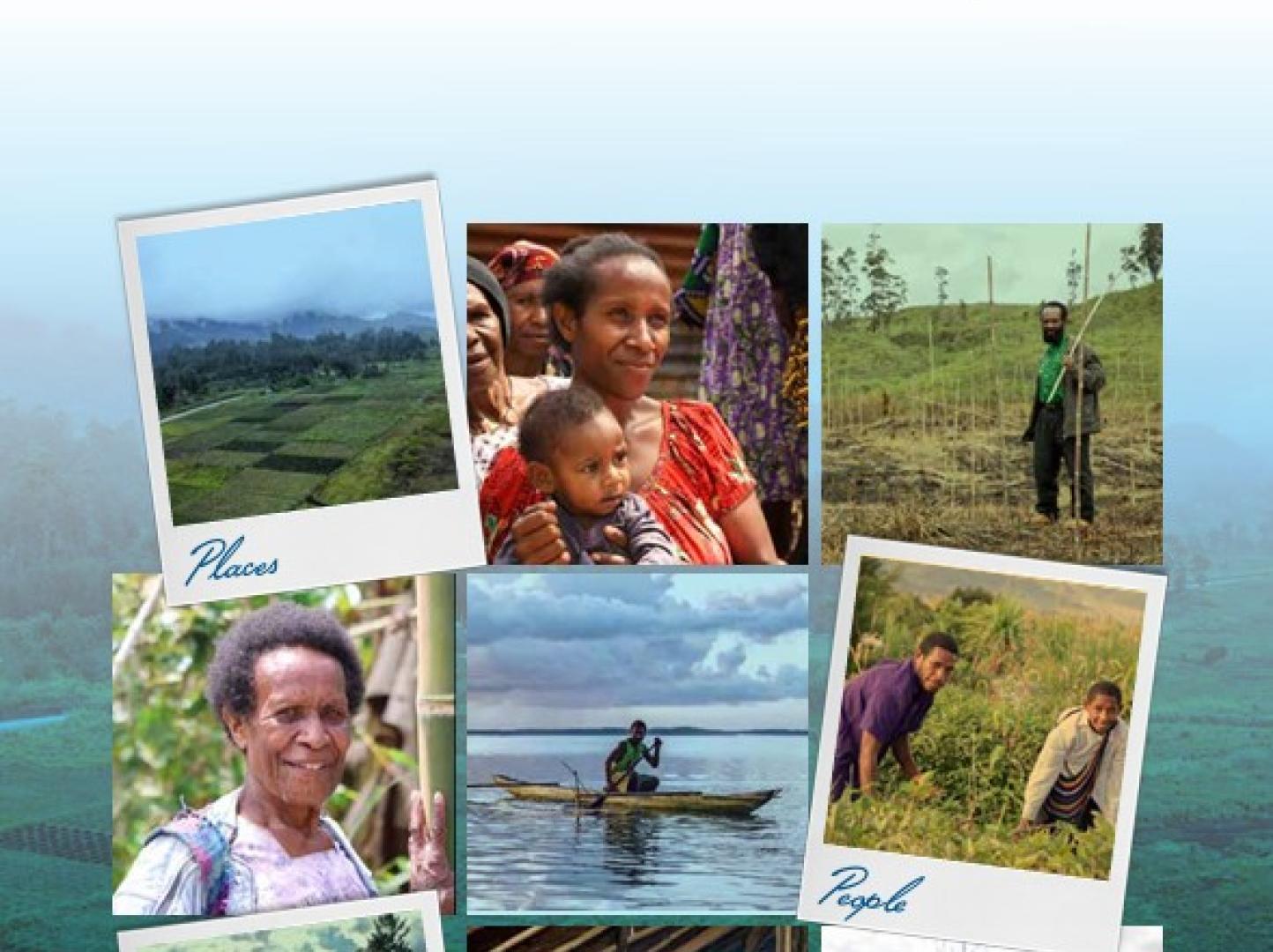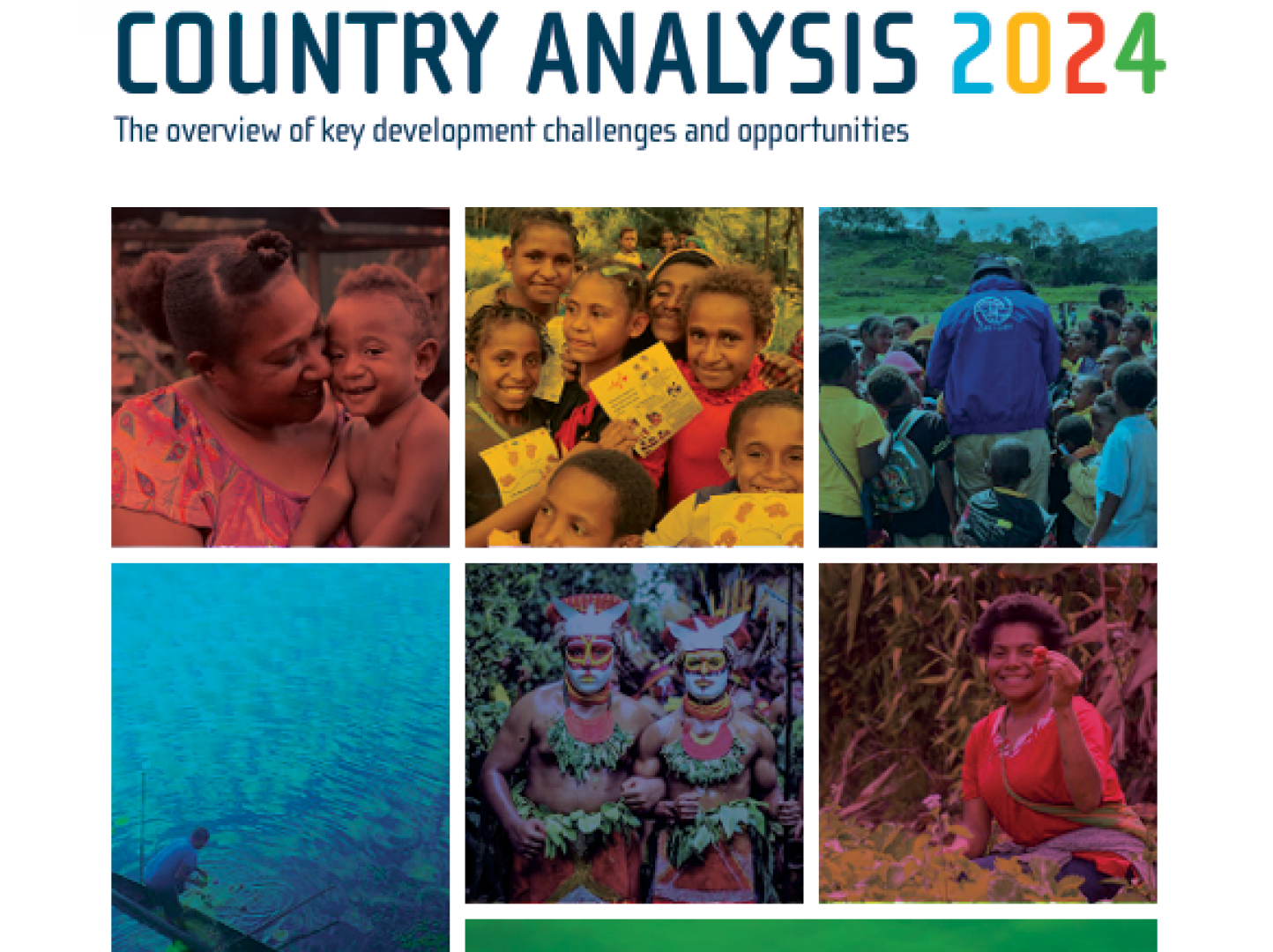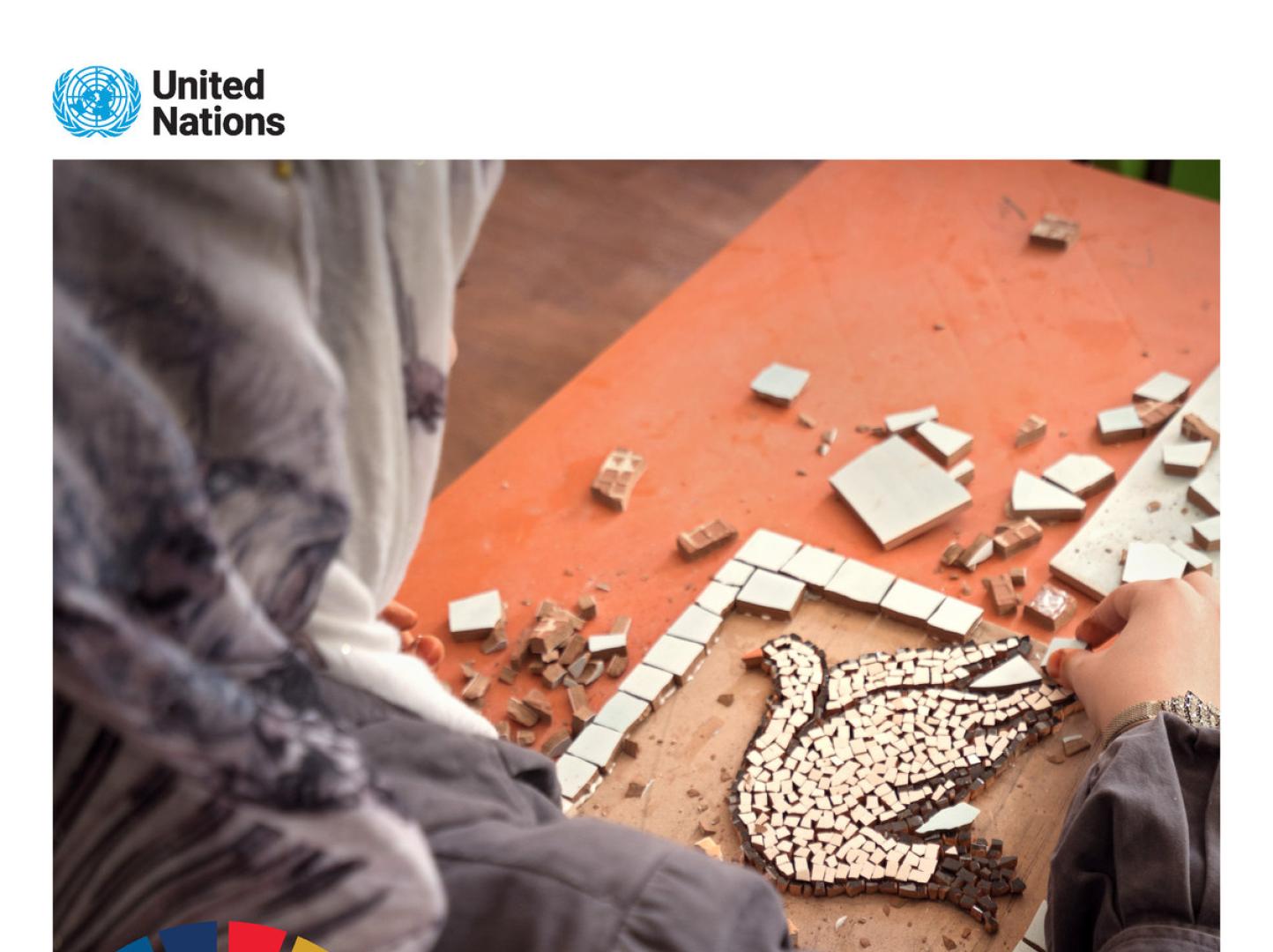Indigenous Knowledge for Disaster Risk Reduction

Occurrence and intensity of many of these hazards are exacerbated by environmental degradation processes such as deforestation, desertification, biodiversity loss, pollution and soil erosion. In combination with social factors such as poverty, conflict and inequality, these events and processes result in frequent disasters.
At the same time, the country hosts a remarkable ethnic and cultural diversity, with over 800 spoken languages. This translates in a rich body of cultural traditions, mostly undocumented, which has been transmitted orally from one generation to the other and constitutes the country's indigenous knowledge heritage. Indigenous customs, knowledge systems and governance structures are numerous and diverse. It is therefore not surprising that various forms of local and indigenous knowledge were identified in the three provinces selected for this study. Such knowledge is key to the security and well-being of communities before, during and after disasters.





